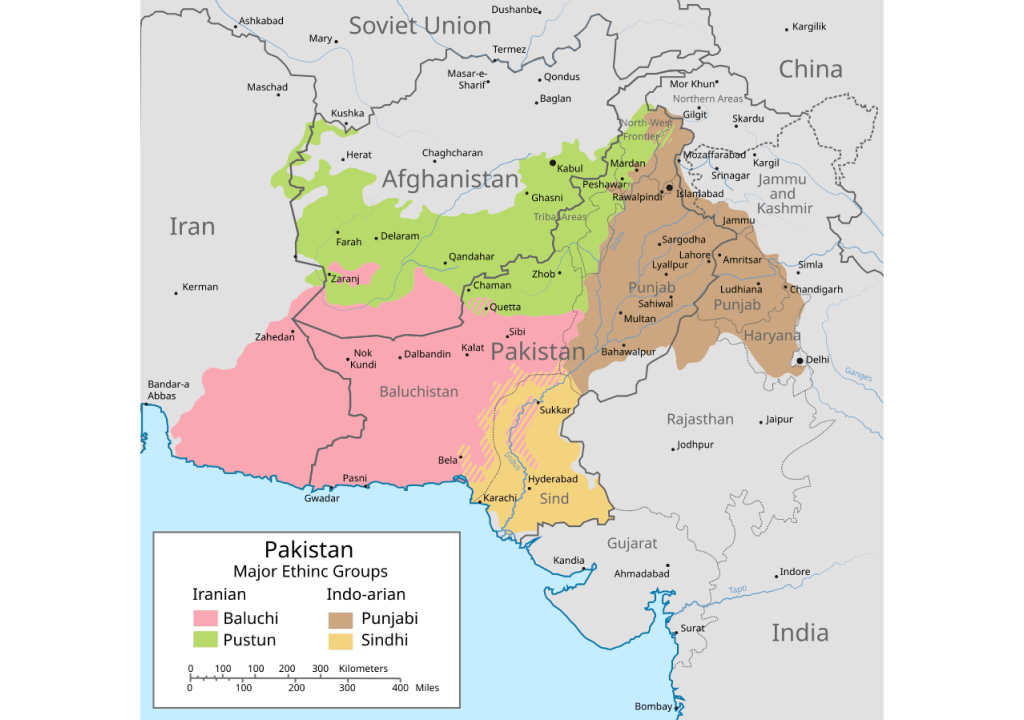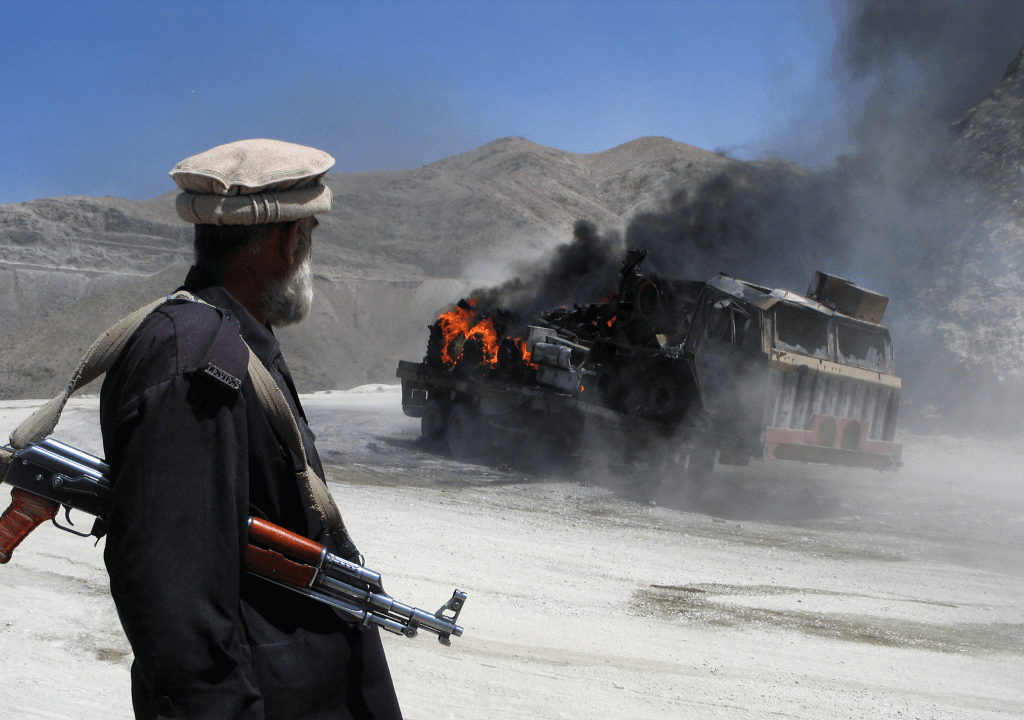Independent Balochistan, a demand for ethnic statehood, dates back decades. It is quite similar to the demand for Kurdistan, an ethnic state for Kurds, by seceding Kurdish-majority regions from different countries. In the case of Balochistan, the land of the Baloch tribes, they seek to form a new state by seceding Baloch-dominated territories in Pakistan, Iran, and Afghanistan. Although the demand for statehood is significant across Baloch territories in these countries, the demand from Pakistan is more intense, as they have acted more forcefully against it than others. This has led to full-scale conflicts between the Pakistani army and Baloch militants in 1948, 1958–59, 1962–63, and 1973–1977, with a new ongoing insurgency at varying levels since 2003.

Although the Baloch are now Sunni Muslims, they have historically opposed the creation of Pakistan, and some even opposed the partition of India. In response, Pakistan has consistently treated the Baloch harshly. It is clear that Pakistan will never agree to secede its largest province, which is roughly the size of France and one of the largest provinces by area within any country. However, despite Balochistan being rich in natural resources such as gold, diamonds, silver, and copper, it is sparsely populated, economically underdeveloped, and one of the poorest regions in Pakistan.
Pakistan has attempted several measures to assimilate Balochistan with the rest of the country, such as promoting the national language Urdu while suppressing native languages like Balochi and Brahui, and arresting local leaders by branding statehood advocates as terrorists and Indian supporters. Additionally, Pakistan has encouraged migration to Balochistan to alter the demographics, but the people have resisted, with Baloch organizations resorting to extreme measures like suicide bombings and targeted killings. This has allowed Pakistan to label Baloch organizations as terrorist groups.
The region has always attracted the interest of Pakistani politicians due to its valuable mineral resources and strategic location. When China initiated the Gwadar port project in Balochistan – a natural deep-sea port at the mouth of a critical trade route – Pakistani politicians tried to use the situation to benefit from the migration of workers from the rest of Pakistan. However, this move was met with significant opposition. As Pakistan’s political and economic situation worsens day by day, the secessionist movement in Balochistan is rising to an unprecedented level.
The Baloch Liberation Army (BLA), an ethno-nationalist militant group operating out of Afghanistan, regularly targets the Pakistan Armed Forces, civilians, and foreign nationals. Recognized as a terrorist organization in multiple countries, the BLA recently launched Operation Herof, striking Pakistani army checkpoints and camps along key highways in Balochistan. This operation reportedly claimed the lives of nearly 102 people, including civilians, and led to the capture of significant parts of the Bela army camp. The BLA has also set up checkpoints across the province to ambush military convoys, indicating a broader effort to achieve secession from Pakistan.
The BLA claimed that over 40 soldiers were killed in the attack on the main army camp in Bela. According to the group, its Fidayeen unit maintained control over a substantial portion of the camp for six hours as part of Operation Herof, with the Majeed Brigade spearheading the assault on the occupying forces in Bela, resulting in the deaths of more than 40 military personnel.
Pakistani Prime Minister Shehbaz Sharif condemned the violence, asserting that the separatists aim to disrupt China-Pakistan Economic Corridor (CPEC) development projects, which seek to expand Beijing’s influence in Pakistan and across Central and South Asia. This is viewed as a counter to the influence of the United States and India in the region. Sharif vowed retaliation, noting that the violence coincided with a visit from a top Chinese general to Islamabad.
Pakistan will definitely retaliate, as it has a history of doing so. According to Amnesty International, over 10,000 Baloch have disappeared in Pakistan since 2011. This challenge presents opportunities for both the Pakistani army and the government. The Pakistani army, which holds control over the state, will likely use the situation to act more aggressively in Balochistan, gaining control over more areas and justifying actions in other problematic regions. The Pakistani government, which is not well-liked due to issues like banning opposition, corruption, nepotism, and poor governance, sees this as an opportunity to strengthen its grip on the state.
There was opposition to the government over Chinese-run projects that have led to significant debt for Pakistan and offered little benefit to local communities. Now, the government has a reason to suppress this dissent and push its anti-India agenda, which could unify the nation and seek warmer relations with Iran and Afghanistan – both of which are also dealing with secessionist movements from their Baloch populations.
How Pakistan handles this situation will be crucial in determining the country’s future. Pakistan already faces significant challenges in its northwestern territories, and if it fails in Balochistan, India will most likely intervene, leading to the loss of occupied Kashmir. Furthermore, Pakistan could face mass protests in Sindh and Punjab that could weaken the union’s control, similar to what happened in former East Pakistan, now Bangladesh. Therefore, the management of the Balochistan issue will play a key role in shaping the future of the world’s first Islamic republic.








